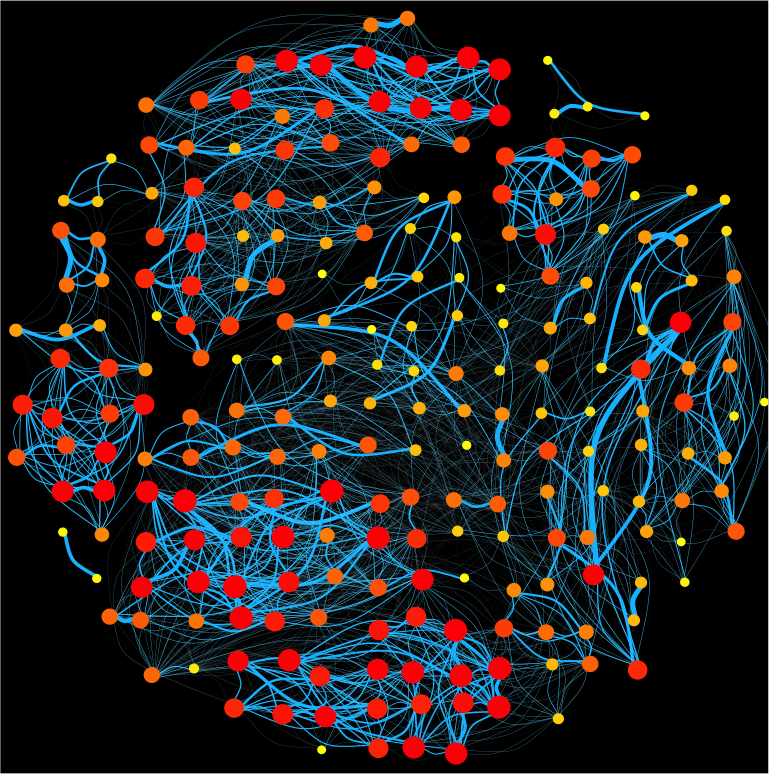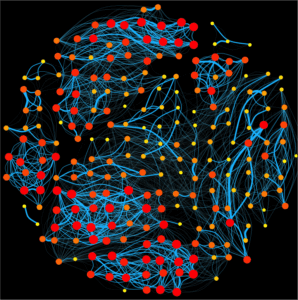Social Manipulations for Predicting Wild Animal Societies’ Responses to Perturbations

Social Manipulations for Predicting Wild Animal Societies’ Responses to Perturbations
About the Project
Natural populations are often experience a variety of perturbations, ranging from extreme seasonal changes, weather events, disease outbreaks, or anthropogenic pressures. While much research has considered how these perturbations may influence the size and shape of a population (i.e. the demography), our understanding of the direct consequences of perturbations for the fine-scale structure of social connections between individuals (i.e. the social network) remains largely untested. Understanding, for instance, how individuals socially respond to the loss of their associates, the influx of new individuals, or changes in opportunities to interact with specific types of conspecifics, is extremely difficult to forecast, particularly due to the sporadic nature of perturbations. Further, the complexity of real-world social networks means that animal societies may react to perturbations in diverse ways, making actual outcomes currently very difficult to predict, despite the importance of us doing so.
This PhD project aims to establish a conceptual framework for predicting how perturbations might impact natural animal societies by using fine-scale, individual-level tracking data detailing social networks of wild populations experiencing rapid external changes. The research will adopt a two-pronged approach. Firstly, the project will use a wild bird population, great tits (Parus major), in Wytham Woods, Oxford, as a model experimental system for investigating the causal effects of perturbations. This population has been the subject of extensive research, with multiple experimental perturbations already conducted alongside continuous social network monitoring. By examining the outcome of these perturbations under a single framework, this research will aim to uncover how different perturbations causally affect social dynamics in natural settings, providing insights into the mechanisms that underpin social resilience and adaptability. Secondly, the project will draw upon a broader range of animal populations for which longitudinal social network tracking data are available during periods of population change. This will allow assessment of how natural, non-experimental perturbations relates to changes in various social systems at a fundamental level. By comparing responses across diverse species and contexts, this project will examine whether any general rules govern how perturbations impact social networks in varied settings.
The aim of this project is to construct a framework and approach for elucidating the causal pathways linking perturbations to social network dynamics, and provide a foundation for allowing predictive realistic modeling of animal population responses under rapid externally-driven societal changes. By shedding new light on these relationships, the findings may contribute not only to behavioural ecology but also to interdisciplinary fields such as network science and sociology, highlighting the relevance of social dynamics in broader biological and ecological contexts. This project will primarily rely on previously collected datasets and experiments to address the above aims, through quantitative analysis and various computational approaches (for which training will be provided). Additionally, there is potential for further fieldwork to supplement existing datasets and explore new avenues of research if desired, both in experimental and observational studies.

Key Words: Behaviour; Ecology; Computational Biology; Social Networks; Society Structure; Wild Populations; Natural Animal Populations; Evolution; Adaptation; Network Science
